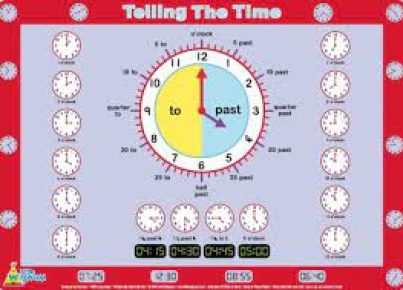This refers to a lecture where teachers act on questions that the students are meant to analyze, answer and critique the answers. In Socratic seminars, students help each other understand the issues, values, and ideas reflected in a text via a group discussion format. They’re responsible for facilitating the group discussion around the ideas in the given text. Students shouldn’t use the discussion to prove an argument or assert their opinions.
The procedure of a Socratic seminar involves the following steps:
Selecting an appropriate text: Socratic seminars are based on close textual analysis, so teachers need to select a text that provides sufficient avenues for discussion and interpretation. If teachers choose a simple text where the meaning is quite straightforward, there won’t be much for the students to interpret and discuss. Also, the text shouldn’t be too long to read closely in the specified amount of time.
Giving students time to prepare: Students must have time to prepare ideas before beginning the seminar. Students should annotate the text prior to the beginning of the class discussion. Teachers often designate a discussion leader who prepares a few open-ended questions that can be used to start the seminar.
Creating a classroom contract: Socratic seminars have rules that might not apply to other forms of discussion. Therefore, everyone must be aware of the norms before beginning the seminar. Some typical rules used to organize a Socratic seminar activity include:
· Talking to each other, not only to the teacher or discussion leader
· Referring to proof from the text to support the ideas
· Asking questions if one doesn’t understand what someone has said
· No interruption
· No putting down the ideas of another student
Before beginning the seminar, teachers also need to remind the students that the seminar’s objective isn’t to prove or debate a point but to more thoroughly comprehend what the author was trying to convey in the text.
The Socratic seminar: The activity often begins with the discussion leader, the teacher or a student, asking an open-ended question. It might take a few minutes for students to warm up. Teachers should allot at least 15 minutes to the activity, and it may often last 30 minutes or more. Students will be able to discuss a text for longer periods of time without requiring teacher intervention as they become more familiar with the format.
Reflecting on and evaluating: After the activity, teachers need to give students the opportunity to assess the process in general and their own performances in particular. Reflecting on the process helps students better their ability to participate in future seminars.




